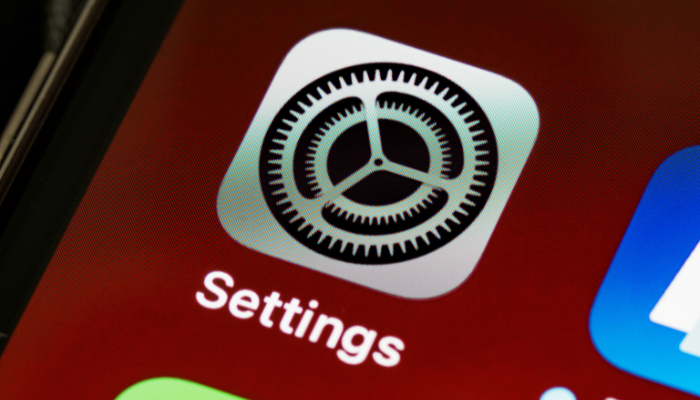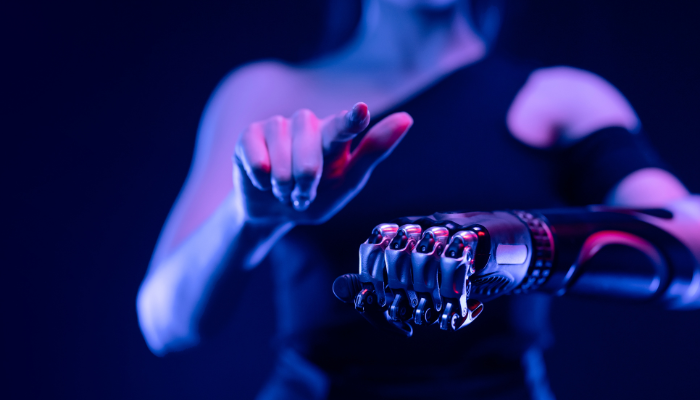
In the modern world, artificial intelligence applications (AI) play an increasingly crucial role in several areas of our lives.
From personal assistants to recommendation systems, these technologies have revolutionized the way we interact with the world. technology.
In that regard, artificial intelligence applications, have become an indispensable part of our lives, simplifying everyday tasks and offering innovative solutions for a variety of needs
In this article, we'll explore how AI are transforming our everyday lives, examine some notable examples and assess their impact on society.

You AI applications have become essential to simplify and optimize our daily tasks.
A notable example is Google Assistant, which uses advanced natural language processing techniques to understand and respond to our questions and voice commands.
With Google Assistant, we can perform a variety of tasks, from creating reminders and sending messages to controlling smart home devices, all with just a few commands.
Another example is the application calendar and organization system Todoist, which uses algorithms AI to help users manage their tasks and projects more efficiently.
Todoist analyzes usage patterns and user behavior to offer personalized suggestions on how to better organize your time and prioritize activities.
You AI applications are also bringing significant innovations to the field of health and wellness.
The Flo application, for example, uses AI to help women monitor their menstrual and reproductive health.
In this sense, based on data such as menstrual cycle, symptoms and lifestyle habits, Flo provides personalized insights and accurate predictions about the menstrual cycle and ovulation.
Thus, enabling women to better understand their bodies and make informed decisions about their reproductive health.
Another example is the application Headspace, which uses AI to offer guided meditations and personalized mindfulness exercises.
Headspace analyzes usage patterns and user feedback to tailor meditation sessions to individual needs.
Thus, it helps users reduce stress, improve sleep and promote emotional well-being.
You AI applications They are also transforming the way we consume entertainment and culture.
An example is Spotify, which uses algorithms AI to recommend songs, artists, and playlists based on the user's listening history and preferences.
With Spotify, users can discover new music and expand their music repertoire in a personalized and convenient way.
Another example is the application Prisma, which uses artificial neural networks to transform ordinary photos into works of art.
Prisma analyzes photo content and applies famous painting styles like impressionism and cubism to create unique, stylized images.
So, with Prisma, users can give their photos an artistic touch and share them on social media with ease.
You AI applications They are revolutionizing the way we live, work and play.
What's more, with their advanced data processing and learning capabilities, these apps offer innovative, personalized solutions for a wide range of needs and interests.
However, it is important to remember that, with the advancement of technology, ethical and social challenges also arise that need to be addressed.
Finally, by harnessing the power of artificial intelligence responsibly and ethically, we can reap the benefits of these innovations while ensuring a sustainable and inclusive future for all.